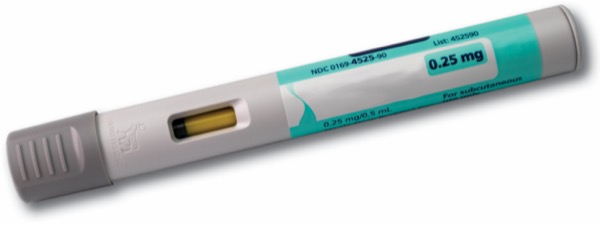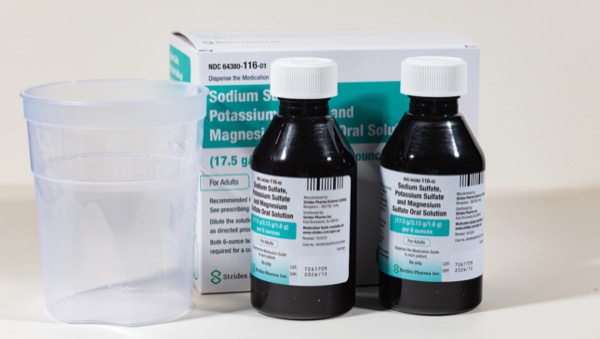
University of Kansas
School of Medicine
Kansas City
In this edition of Sharma’s Endoscopy Insights, I discuss glucagon-like peptide-1 receptor agonists, or GLP-1s, which are prescribed and used quite frequently. Two recent studies evaluated their impact on gastrointestinal procedures.
The first study I discuss evaluated whether there is a correlation between GLP-1 use and inadequate bowel preparation. In this meta-analysis of five studies, which included more than 10,000 patients, the incomplete bowel preparation rates were significantly higher in subjects using GLP-1s compared to the control group.
In the second retrospective cohort study, patients with diabetes on GLP-1s undergoing video capsule endoscopy were compared with a cohort of patients who were not on these medications. The investigators evaluated the gastric transit time using video capsule endoscopy and found that the use of GLP-1s was associated with a prolonged gastric transit time and a higher rate of incomplete small bowel evaluations.
Bowel Prep
Am J of Gastroenterol 2025 Feb 12. doi:10.14309/ajg.0000000000003362
In this systematic review and meta-analysis, researchers in the United States delved into the quality of bowel preparation in patients using GLP-1s.
The researchers conducted a literature search in PubMed, Embase and Web of Science through Nov. 1, 2024. Their analysis included five studies with 10,833 patients and examined inadequate bowel preparation and the Boston Bowel Preparation Scale mean score in patients using GLP-1s compared with a control group not taking these medications.
The inadequate bowel preparation rate was higher in patients using GLP-1s than patients in the control group (odds ratio [OR], 2.10; 95% CI, 1.41-3.13; P=0.0003). The mean Boston Bowel Preparation Scale score was lower in patients taking GLP-1s than those in the control group (mean difference, –0.34; 95% CI, –0.52 to –0.17; P=0.0001).
These medications are known to slow down gastrointestinal motility, and the researchers concluded that their findings suggest that GLP-1s can diminish the quality of bowel preparation for colonoscopy. They also emphasized the need for randomized controlled trials to validate the findings from this meta-analysis, which included observational studies.
Video Capsule Endoscopy
Gastrointest Endosc 2025;101(2):393-401
In this retrospective matched cohort study, researchers in the United States looked at the success of video capsule endoscopy (VCE) in patients with diabetes taking GLP-1s.
In the study, researchers matched 68 patients with diabetes who were taking GLP-1s with control subjects who were not on those medications; all the patients underwent VCE from January 2017 to December 2023. Gastric transit time in VCE studies was the main outcome, and the secondary end points were incomplete small bowel evaluation and small bowel transit time.
The time it took for the VCE capsule to pass through the GI system for patients taking GLP-1s was, on average, about 75 minutes longer than for patients not taking those medications (95% CI, 33.8-115.2 minutes; P<0.001).
Among the patients in the study taking GLP-1s, five patients (7%) failed to pass the video capsule through the stomach, while all the control subjects passed the capsule successfully (P=0.06). Furthermore, 16 patients taking GLP-1s (23.5%) experienced incomplete video capsule passage through the small intestine, compared with incomplete passage in just three patients in the control group (4.4%, P<0.01)
The retrospective design and potential for selection bias during matching were among the limitations of this study. The researchers said this study was the first to examine how GLP-1s impact gastric and small bowel transit times during VCE studies. They called for prospective research to confirm their findings.
{RELATED-HORIZONTAL}


